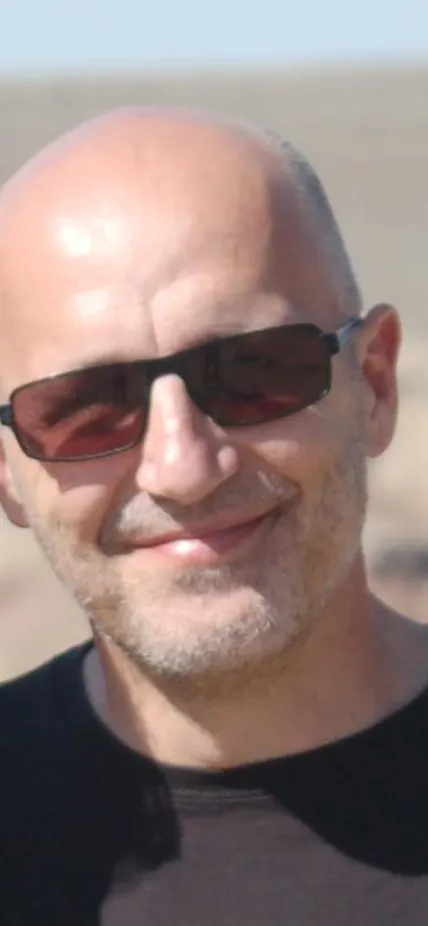Washington, DC—Interim Co-Presidents John Mulchaey and Yixian Zheng are thrilled to welcome experimental petrologist Michael Walter as the new Director of Carnegie's Geophysical Laboratory.
Walter’s recent research has focused on the period early in Earth’s history, shortly after the planet accreted from the cloud of gas and dust surrounding our young Sun, when the mantle and the core first separated into distinct layers. Current topics of investigation also include the structure and properties of various compounds under the extreme pressures and temperatures found deep inside the planet, and information about the pressure, temperature, and chemical conditions of the mantle that can be gleaned from mineral impurities preserved inside diamonds.
Walter will discuss what diamonds can teach us about the deep Earth in a public talk at Carnegie's adminstrative headquarters building in downtown Washington, DC, on May 9. (Free tickets are available here!)
His scientific background makes him an ideal fit to oversee the diverse scientific research conducted at Carnegie’s Geophysical Laboratory. GL investigators explore fundamental physics and chemistry at high pressures and temperatures, materials science, astrobiology, mineralogy, geochemistry, planetary differentiation, and Solar System formation. Walter is a member of the interdisciplinary Deep Carbon Observatory program, the secretariat of which is based at the department.
Reflecting on his new position, Walter said: “I am absolutely thrilled and humbled to take on this new challenge. It is a great privilege to be able to help shape the future of the Geophysical Laboratory and to continue its long tradition of scientific excellence. And I very much look forward to working together with all the amazingly talented people throughout Carnegie Science to achieve our lofty ambitions.”
Walter joined Carnegie from the University of Bristol's School of Earth Sciences, where had been since 2004, most-recently serving a five-year term as head of school. He received his PhD in geology and Earth science from the University of Texas, Dallas, and a Bachelor of Science in the same from the University of Nebraska, Omaha. Early in his career, Walter was a postdoctoral fellow at the Geophysical Laboratory, so his new role is a homecoming.
